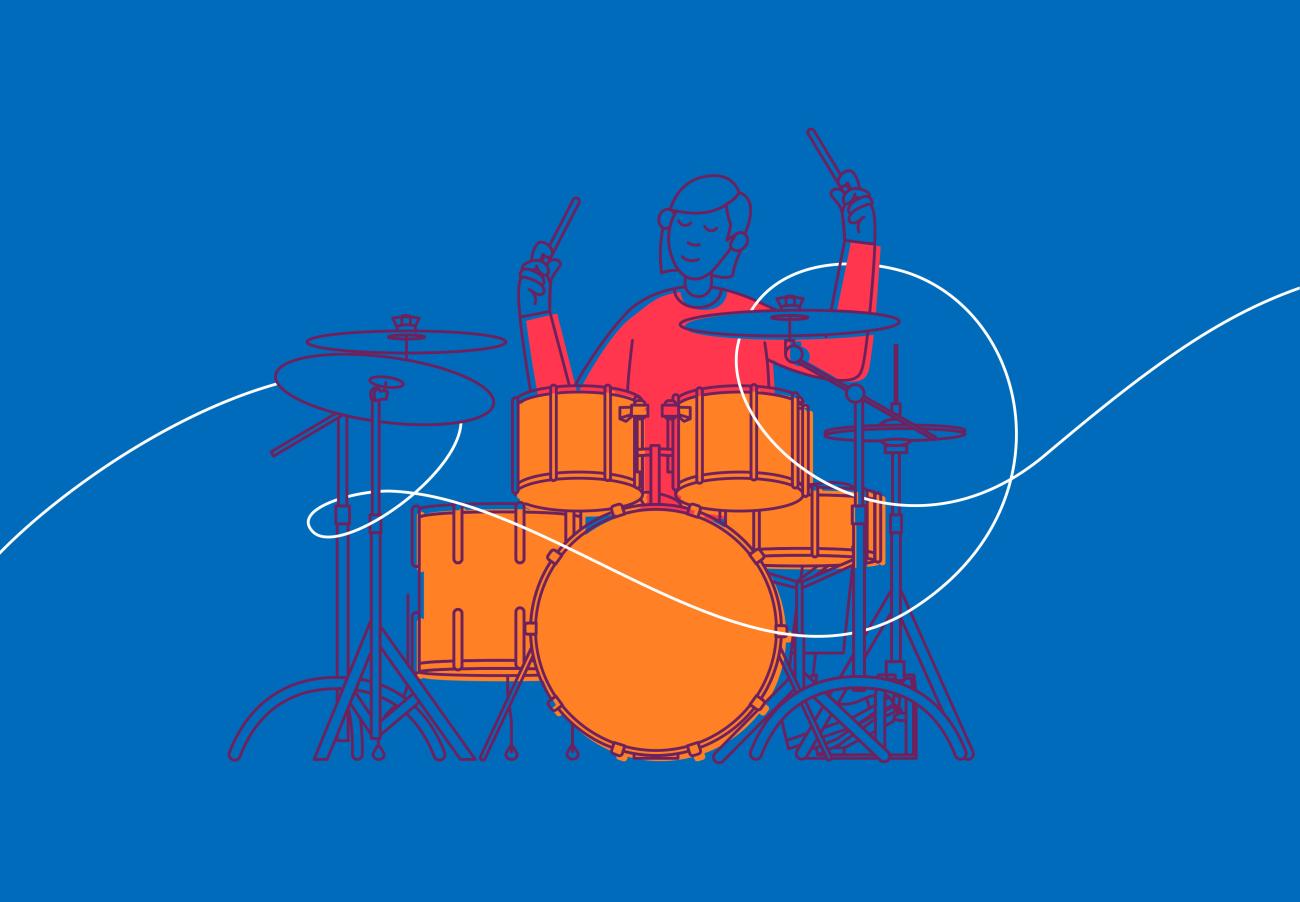Why theory? James describes himself as a musical term

Learning about music theory can help performers at all levels to get the most from their music making. We asked some of our ABRSM scholars, studying at our partner Royal Schools, to tell us what music theory means to them and share some tips. This week we hear from James.
Let’s start easy - what’s your name and what country are you from?
James Schouten. I’m originally from Canada but I spent most of my childhood in the UK (and took ABRSM exams in violin, viola, theory and voice!).
What are you studying?
I’m at the Alexander Gibson Opera School at the Royal Conservatoire of Scotland as a tenor.
How has music theory helped you along your musical journey?
I started as a violinist and became interested in orchestration and composition from a young age and music theory (studied between year 8 and 9) made all of those things a lot easier. I’m quite a ‘mathsy’ musician so technically making sense of music helped a lot.
I’ve been able to apply that through arrangements I’ve made (including a rock version of Tosca!), compositions both classically and as a songwriter in bands (making big vocal harmony with shape and bite to it is my specialty and it has definitely come about through theory!), as an accompanist and certainly as a singer. It also helps being able to recognise when things aren’t as they should be on a page of sheet music - editorial mistakes etc.
Why do you think it’s important to study music theory?
I think that learning music theory builds an incredible box of musical tools that can help any musician, whether that be performer, composer or producer (it has certainly helped me out a lot!). My path has led me through multiple genres and it surprises me how often it has come in handy. I feel that it helps speed up the process and give options for learning and sight-reading music and helps give options that you wouldn’t necessarily think of as a writer.
We’re constantly building our musicianship through craft and listening and it’s a great asset to have as many tools as possible at your disposal. It’s often seen as being quite dry (in part I agree with that) or not for everyone (especially in contemporary music) but much like learning the tenses of a foreign language, the second you have the hang of it the second things will become a lot easier!
What’s your favourite thing about music theory?
I love a harmonic pivot to loosely related keys!
Do you have any top tips for someone studying for a music theory exam?
If I could give myself a tip in hindsight it would be not to worry about getting it all at once - slow, steady and firmly understanding what you’re studying little by little is the goal! You can always try again if you don’t get it but loosely understanding concepts may not help you as much in the long run. Get things into your long-term memory if you can… this probably applies to all exams!
Finally, if you could be any musical term, what would you be and why?
Tristan Chord -
I’m training to potentially sing the role of Tristan one day, I love a good clashy suspension in music and it probably sums up a lot about my chaotic life as a musician!

